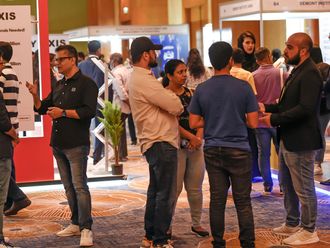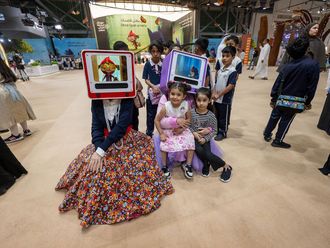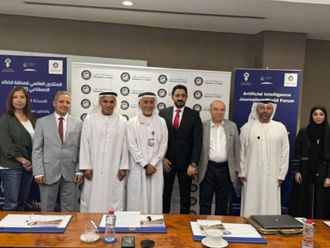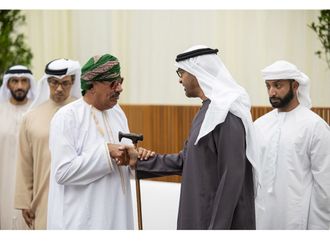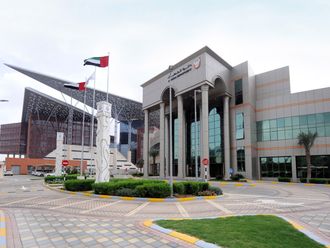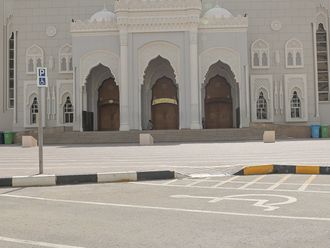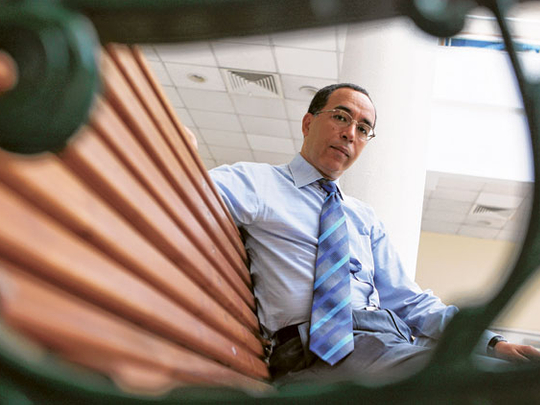
Dubai: If science were to categorise its relationship with religion on Facebook, the status would read: "It's complicated." It is no secret that for hundreds of years some scholars and scientists have debated the relationship between these two schools of thought, which has resulted in the demarcation problem.
This, in the philosophy of science, is the question of where the lines between science and non-science, philosophy, pseudoscience and religion should be drawn.
As complicated as it all sounds for those of us with an IQ below that of Albert Einstein's, there is one scientist in particular who believes the Facebook relationship status in question should read: "In harmony."
Nidhal Guessoum, professor of physics and astronomy at the American University of Sharjah (AUS), was recently featured in Science, a leading journal of scientific research. The article entitled When Is It Ramadan? An Arab Astronomer Has Answers discusses Professor Guessoum's work on using scientific calculations to determine the months of the Islamic calendar. He believes science and religion ultimately complement one another.
Mindset
"I was delighted to see a top science journal devote a whole article to my work on what many would consider a parochial topic; one that is not ‘real research'," he said. "[I believe] science describes the world and religion tells us the meaning of it all; it should be a relation of harmony."
"Modern science has brought in a certain mindset, which forces Muslims to find a balance between the rational and the religious; the modern and the traditional; the physical and the spiritual," said Professor Guessoum. "This is why efforts, like mine, to harmonise Islam and Science are so important."
His efforts constitute the construction of a real Islamic calendar to determine when important occasions such as the start and end of Ramadan and Haj (Islamic pilgrimage period) will occur. Traditionally Islamic months are determined through last-minute new moon (crescent) sightings by the human eye, which Professor Guessoum argues is prone to errors.
However, his scientific construction of a predetermined Islamic calendar uses calculations, which take into account the astronomical, geographical and meteorological factors.
"Very importantly, this scientific approach coincides well with physical sightings of the crescent," he said. "So people can go out and see the crescent and confirm that indeed the predetermined calendar is correct."
He added this approach could help people in modern Muslim societies, such as the UAE, plan their lives accordingly. "The scientific approach I advocate allows us to not have to wait until the last minute to know whether the next day is a holiday or not," he said. "Which is something no longer acceptable in today's world."


